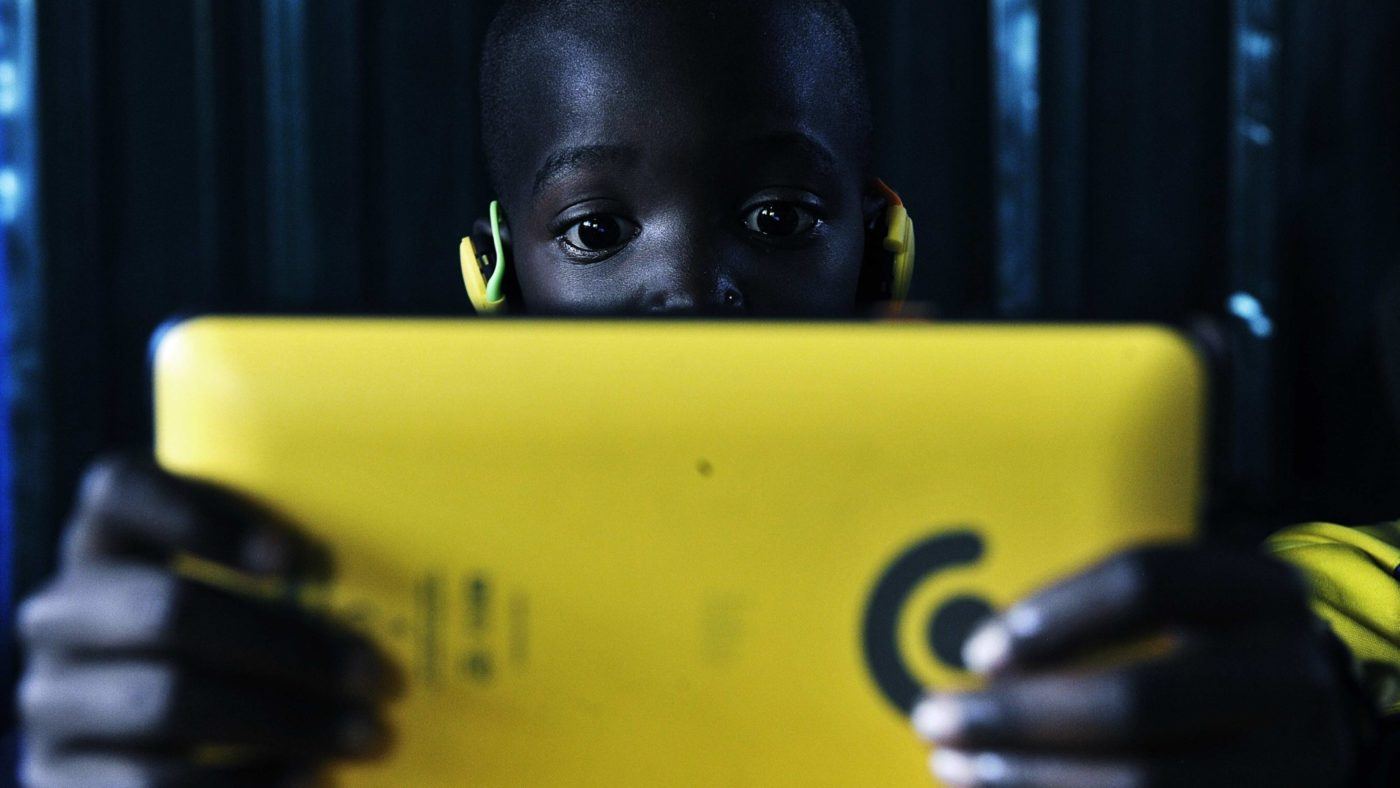Since 2000, when Africa was branded “the hopeless continent” by The Economist, its countries have (albeit with marked exceptions) made significant progress in human and economic development. Real average incomes have risen over 50 per cent, life expectancy has increased by nearly 20 per cent and infant mortality has nearly halved.
Those looking for the causes of this remarkable progress (while acknowledging donor munificence) should note a corresponding rise in Africans’ economic freedom. Technological innovation and free enterprise have been the twin engines of human development as assuredly in Africa as in the rest of the world.
But this will inevitably stall if nothing is done about education, which has been a comparative failure. Attendance remains shockingly low – about 30 million primary-aged children are not in school, and some 15 million have never been to school. A further 30 million are estimated to be in school but not learning: a lethal cocktail of under-funding, under-skilled or entirely absent teachers and zero expectations means children leave school bereft of basic literacy or numeracy.
Even in South Africa, Africa’s most industrialised economy, over 50 per cent of pupils are functionally illiterate at the end of primary school. If one statistic sums up Africa’s education woes, it is that when both groups took an international benchmark test (TIMMSS), the average South African Maths teacher scored lower than the average 14-year-old child from Singapore.
However, there are beacons of hope. These are not come from politicians or big organisations, but a remarkable coalition of entrepreneurs, parents and teachers who have established low-cost private alternatives to the failed status quo. Teachers have opted to leave secure jobs and incomes to establish schools or nurseries with fees as low as $1 a week. Parents, knowing education is the only route out of poverty, make humbling sacrifices to enrol several children – even though this might use up nearly all their disposable income.
In Ga district in Ghana, 70 per cent of inhabitants live below the poverty line but 65 per cent of children attend private school. Ethiopians (GDP per capita around $1,000) spend nearly four times as much proportionally on private education as Americans (GDP per capita over $50,000). By one estimate there are 18,000 private schools educating 1.5 million children in Lagos alone, and the Ministry of Education receives 12 applications to start a new one every day.
Studies by the Universities of Birmingham, Stellenbosch and Newcastle have found that, while there are good and bad schools in all sectors, the superior feedback loops and alignment of incentives inherent in free markets have worked to ensure that, on average, the private schools use resources more efficiently (teachers might be paid less but they do turn up and teach more) and generate higher academic standards. There are still problems: the poorest children – girls in particular – are often left out, unsafe buildings are used and good drinking water can be rare. These deficiencies are as common in the private as in the public and point to the need for better accountability and regulation of schools in general.
But the positive impact of these schools, in terms of their coverage and quality, is limited by the same challenges that curtail African development in general: a lack of capital – human and financial – the vast distances (12 African countries are over a million km², compared with none in Europe and only eight in Asia) and weak administration and infrastructure. The key to overcoming them lies in the only thing Africans have adopted faster than private education: new technology, especially mobile phones.
Both Nigeria and South Africa have more mobile phones than people. The continent is expected to add half a billion new smartphone users between 2015 and 2020 and see a 1,600 per cent increase in internet data traffic. Twelve per cent of adults have mobile bank accounts compared with two per cent globally.
This phenomenon – going immediately to an advanced technology (mobile phones or banking) without the intermediate one (landlines or branches) – is known as leapfrogging. With such a deep need spurring invention, education technology could be where we next see leapfrogging – it could even be an area in which Africa leads the world.
African entrepreneurs are already taking the lead in areas such as distance learning by mobile phone, using blockchain for education payment and registration, the online hiring, training and contracting of talent, using games to focus expensive teacher time and reduce costs. Rapidly growing smartphone use, if accompanied by improvements in the wifi and electricity infrastructure (an area in which governments and corporations urgently need to act together), along with parents prioritising education spending as their incomes rise, all pave the way for free enterprise and technological innovation to step in and succeed where politicians and the business-as-usual attitude have failed.
It will not be big business, big government or big bureaucracies who realise the power of technology to transform education. It will be free enterprise and civil society, in the form of the entrepreneurs, teachers, and parents, who will enable Africa to lead the way.


